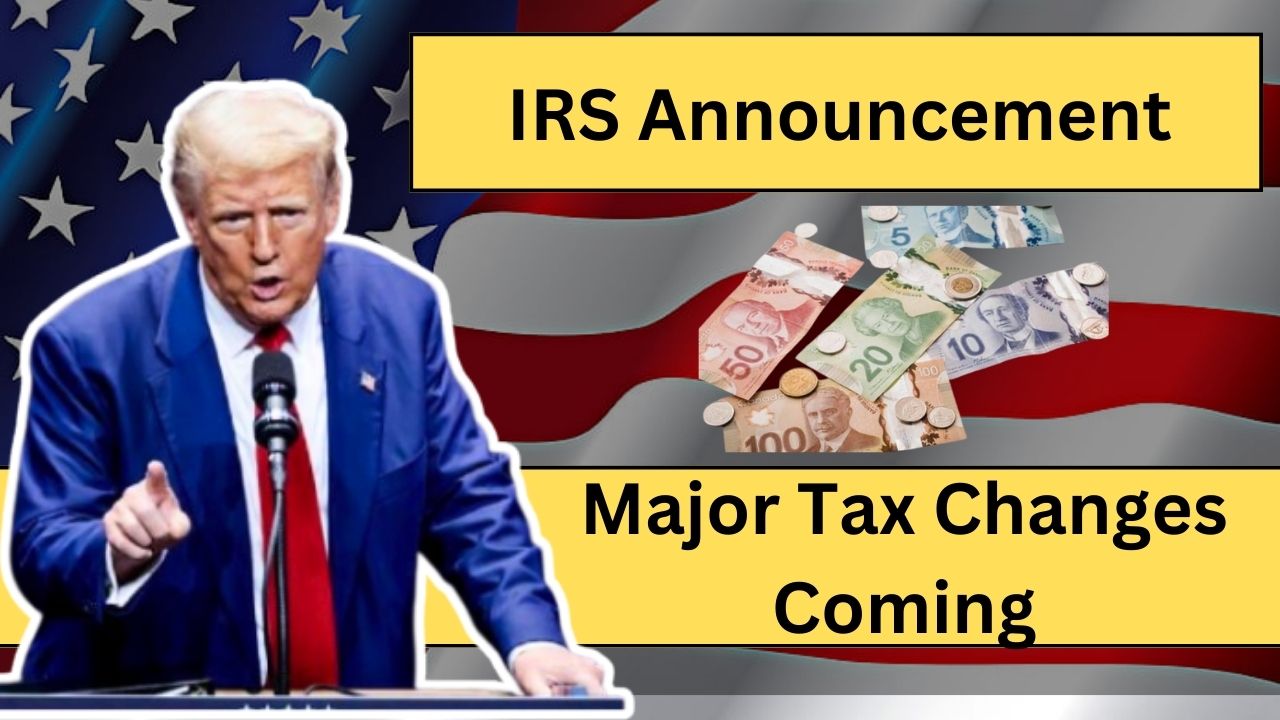The government of British Columbia (B.C.) has announced a one-time $430 rent relief payment for eligible low-income seniors and families. This initiative aims to support vulnerable residents facing financial stress due to rising rental costs. Let’s dive into the details of who qualifies, income limits, and what you need to know about this benefit.
What Is the $430 Rent Relief Payment?
The $430 one-time payment is part of the broader initiatives under B.C.’s Shelter Aid for Elderly Renters (SAFER) program and Rental Assistance Program (RAP). It is designed to help low-income seniors and families managing rental expenses. Approximately 20,000 seniors and many families already part of these programs will receive this benefit.
The payment will be processed automatically—eligible recipients don’t need to apply separately. The initiative is part of efforts to enhance support systems for low-income households amid rising housing costs.
Who Qualifies for the $430 Rent Relief Payment?
Eligibility Criteria
- Current Beneficiaries: You must already be receiving benefits under either:
- SAFER (for seniors aged 60 and above)
- RAP (for working families with dependent children)
- Residency: You must reside in British Columbia.
- Income Threshold:
- Seniors earning up to $37,240 annually (recently increased from $33,000) qualify under SAFER.
- Families under RAP must meet specific income limits based on family size and location.
Expanded Income Limits and Rent Ceilings
In addition to the one-time payment, the B.C. government has expanded income limits for eligibility:
- SAFER income cap: Increased to $37,240.
- Annual Adjustments: Rent ceilings under these programs will be reviewed yearly to align with increasing rents.
This increase in thresholds means more families and seniors will qualify for assistance, estimated to grow the SAFER beneficiaries to 25,000.
When Will You Receive the Payment?
The payments began processing in April 2024 and are being directly deposited or mailed to eligible recipients. Beneficiaries do not need to take any additional action to claim this benefit.
Why Is This Important?
Rising housing costs are a significant concern for low-income households. For example, rents in urban areas like Vancouver are often more than double the assistance provided by SAFER. This one-time payment helps bridge this gap temporarily while the government considers broader solutions, such as expanding affordable housing and renter tax credits.
Detailed Overview of Income Limits
| Program | Previous Income Limit | New Income Limit (2024) | Who Qualifies? |
|---|---|---|---|
| Shelter Aid for Elderly Renters (SAFER) | $33,000 | $37,240 | Seniors aged 60+ |
| Rental Assistance Program (RAP) | Varies by family size | Varies by family size | Low-income families with children |
How Does This Fit Into Broader Housing Support?
The $430 payment is part of a series of measures announced by the government, including:
- Increased renter tax credits.
- Expansion of affordable housing projects.
- Advocacy for annual adjustments to rental subsidies.
According to Housing Minister Ravi Kahlon, these initiatives represent “one piece of the puzzle” in addressing housing affordability challenges.
FAQs
1. Do I need to apply for the $430 payment?
No, the payment is automatic for those already enrolled in SAFER or RAP programs.
2. What if I recently applied for SAFER or RAP?
If you qualify under the new income limits, you will be automatically considered for the one-time payment.
3. Will this benefit continue in the future?
As of now, the $430 payment is a one-time benefit. However, ongoing reviews of income limits and rent ceilings suggest more adjustments could be announced.
Final Thoughts
The $430 rent relief payment in 2024 reflects a step toward supporting low-income renters in British Columbia. While it doesn’t solve all housing affordability challenges, it provides immediate financial relief to thousands of seniors and families. As housing costs continue to rise, initiatives like these highlight the importance of proactive government measures to ensure vulnerable residents are not left behind.
I Work as a Content Writer and I like Writing Articles




